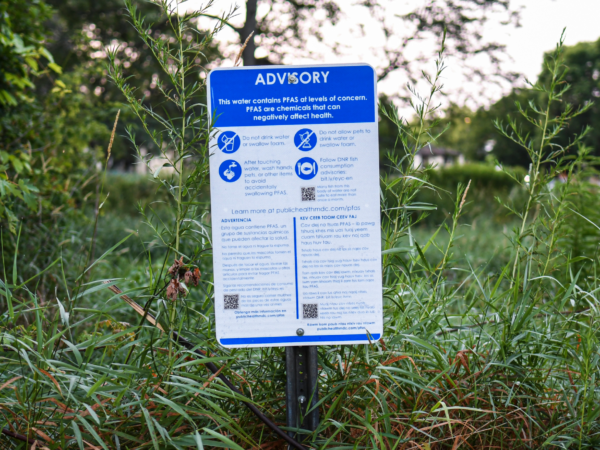
MADISON, Wis. (AP) — The Wisconsin Department of Natural Resources announced March 25 it will issue a permit that will make it harder for a Kewaunee County factory farm accused of contaminating drinking water to expand.
The Milwaukee Journal Sentinel reported that the permit caps the number of cows at the Kinnard Farms facility at about 8,000 head, the number of cows the farm currently houses. The facility also must monitor at least two sites where it applies manure to the land as fertilizer for groundwater contamination by drilling at least three wells per site.
The permit is good through January 2023. The permit notes that the facility has no plans to expand before then.
The agency in January drafted permit conditions allowing the farm to nearly double its 8,000-head herd. Kewaunee County residents blasted the DNR for not applying the Supreme Court ruling and leaving groundwater open to more contamination.
Shallow and fractured bedrock makes the land around the farm particularly vulnerable to groundwater contamination, according to the DNR. Water from the farm already exceeds state standards for nitrates and bacteria. A judge in 2014 heard testimony that up to half the wells in the town of Lincoln were contaminated.
Conservation groups and county residents applauded the new permit conditions Friday. But county resident Jodi Parins told the Journal Sentinel that she’s worried Democratic Gov. Tony Evers may lose reelection in November and a Republican administration could change how the DNR handles permits.
A message The Associated Press left at Kinnard Farms late Friday afternoon wasn’t immediately returned.
Catch more news at Great Lakes Now:
Michigan sues dam owner over sediment in Kalamazoo River
Toxic ‘forever chemicals’ found in Michigan farm’s beef
Featured image: This Sept. 21, 2011 file photo shows three Holsteins cows at Larson Acres Inc. in the Town of Magnolia, Wis. The farm has 2,900 dairy cows. Wisconsin regulators can impose operating conditions on factory farms and consider high-capacity wells’ cumulative environmental impacts when deciding whether to grant permits, the state Supreme Court ruled Thursday, July 8, 2021. (AP Photo/Dinesh Ramde, File)




